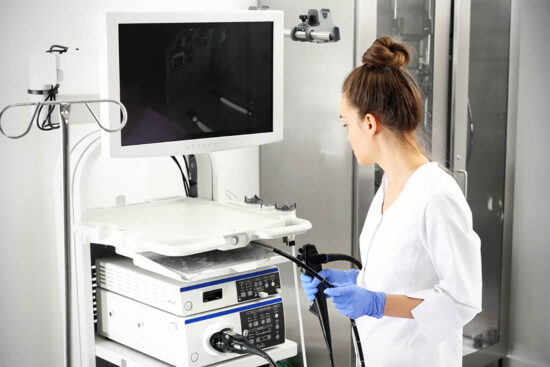What is considered normal blood pressure?
Monitoring blood pressure could save your life. Learn what is considered normal blood pressure and when to see yoru doctor.

- High blood pressure causes more than 1,000 deaths every day in the US.
- Monitoring blood pressure could save your life.
- Know what is considered normal blood pressure.
Do you know what is considered normal blood pressure? Knowing the healthy range could save your life! Every day, at least a thousand people die from hypertension in the United States, and one of the most worrying facts about this condition is that it usually goes unnoticed until it is too late.
According to data from the Centers for Disease Control and Prevention, approximately 30% of the adult population in the United States suffers from high blood pressure, which increases the risk of suffering a heart attack or stroke. Find out why it is important to monitor this aspect of your health!
What is blood pressure and what is considered a healthy number?

The first step to start taking care of your health is to have a general idea of what blood pressure is. This is defined as the force required by the heart to pump blood throughout your body and ensure that all organs perform their basic functions.
Two types of pressure are taken into account: systolic and diastolic. The former derives from the contractions of the heart and the pumping of blood, while the values of the latter reflect how the heart relaxes and refills with blood. A person is considered to have adequate blood pressure when their levels are 120/80, that is, 120 mm Hg systolic pressure over 80 mm Hg diastolic.
When is blood pressure considered elevated?

As you know, a person can suffer from blood pressure problems without noticing major changes in their health. Because high blood pressure doesn’t have symptoms, blood pressure monitoring and regular medical check-ups are essential, since there are several stages that could lead to a hypertensive crisis.
If you have a blood pressure monitoring device, it is always advisable to verify that the systolic pressure levels are between 120 and 120 mm Hg, and that the diastolic pressure is always less than 80 mm. A lower or higher number for either means you should consult your doctor.
Hypertension

If the systolic pressure is greater than 130, but less than 139 mm Hg, and the diastolic pressure remains at 80 mm Hg it is considered the first stage of hypertension which can often be controlled with lifestyle changes. If these numbers are higher, you are at the next level, which could be lead to a hypertensive crisis.
If the systolic pressure is greater than 140 mm Hg and the diastolic pressure exceeds 90 mm Hg, you likely need medication to control your blood pressure. In all cases, you must consult with your doctor to determine the best course of action.
Symptoms of high blood pressure and the factors that cause it

Among the most common symptoms of high blood pressure are severe and recurring headaches, shortness of breath, nosebleeds and dizziness. Consistently monitoring your blood pressure will help you detect elevated levels that could become dangerous.
To avoid suffering from hypertension, its ideal is to maintain a healthy lifestyle, avoiding excess consumption of salt, sugar, refined flour and alcoholic beverages. In addition, it is recommended to stay physically active and get enough sleep.
 Related post
Related post





